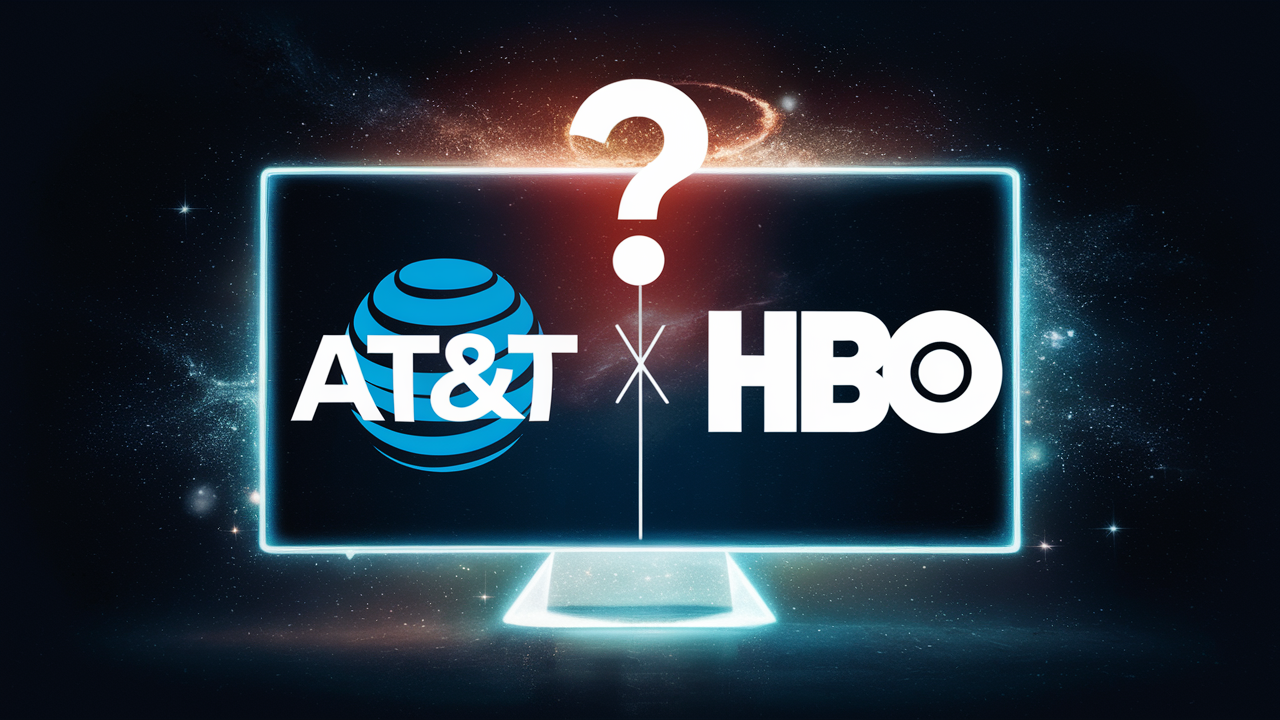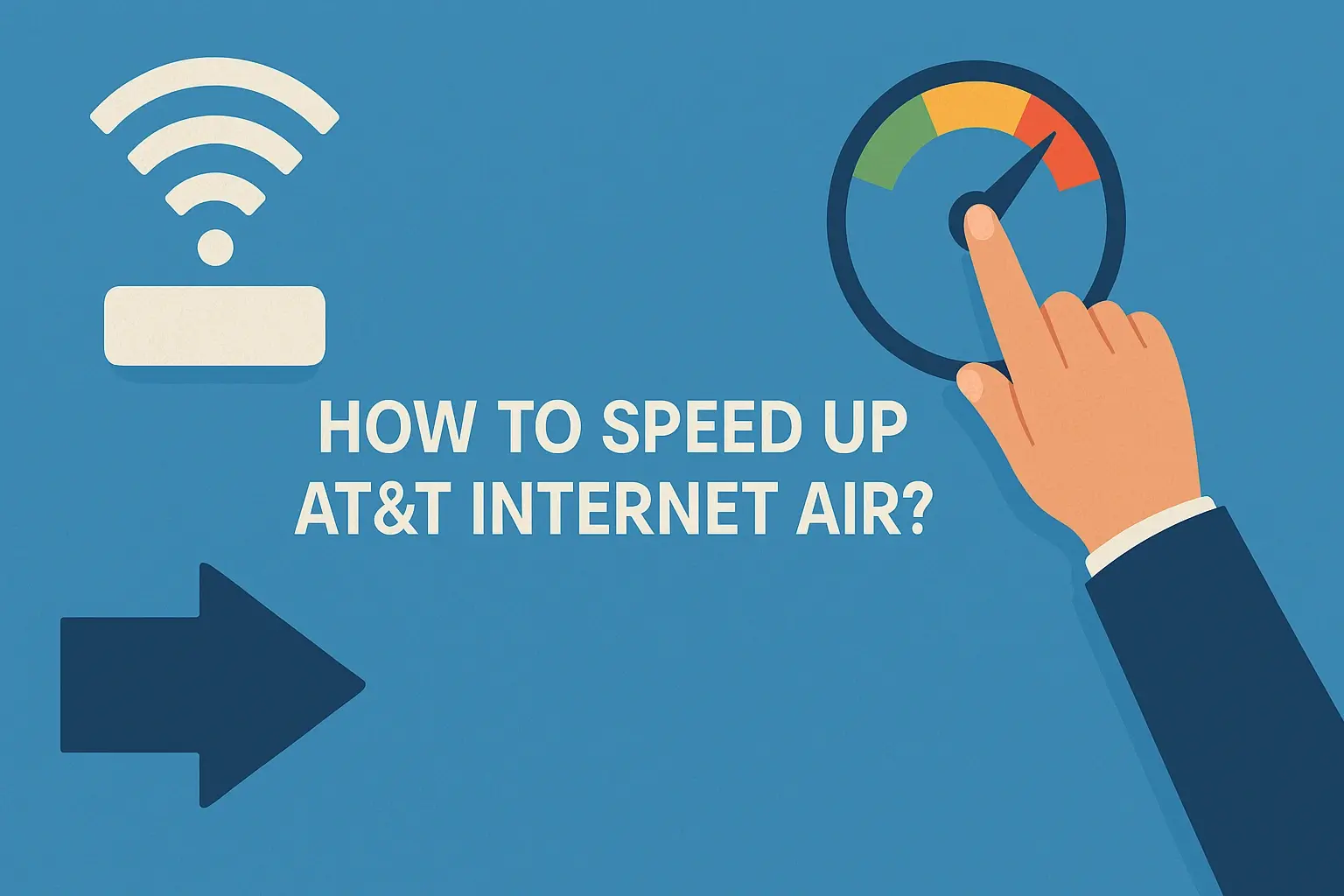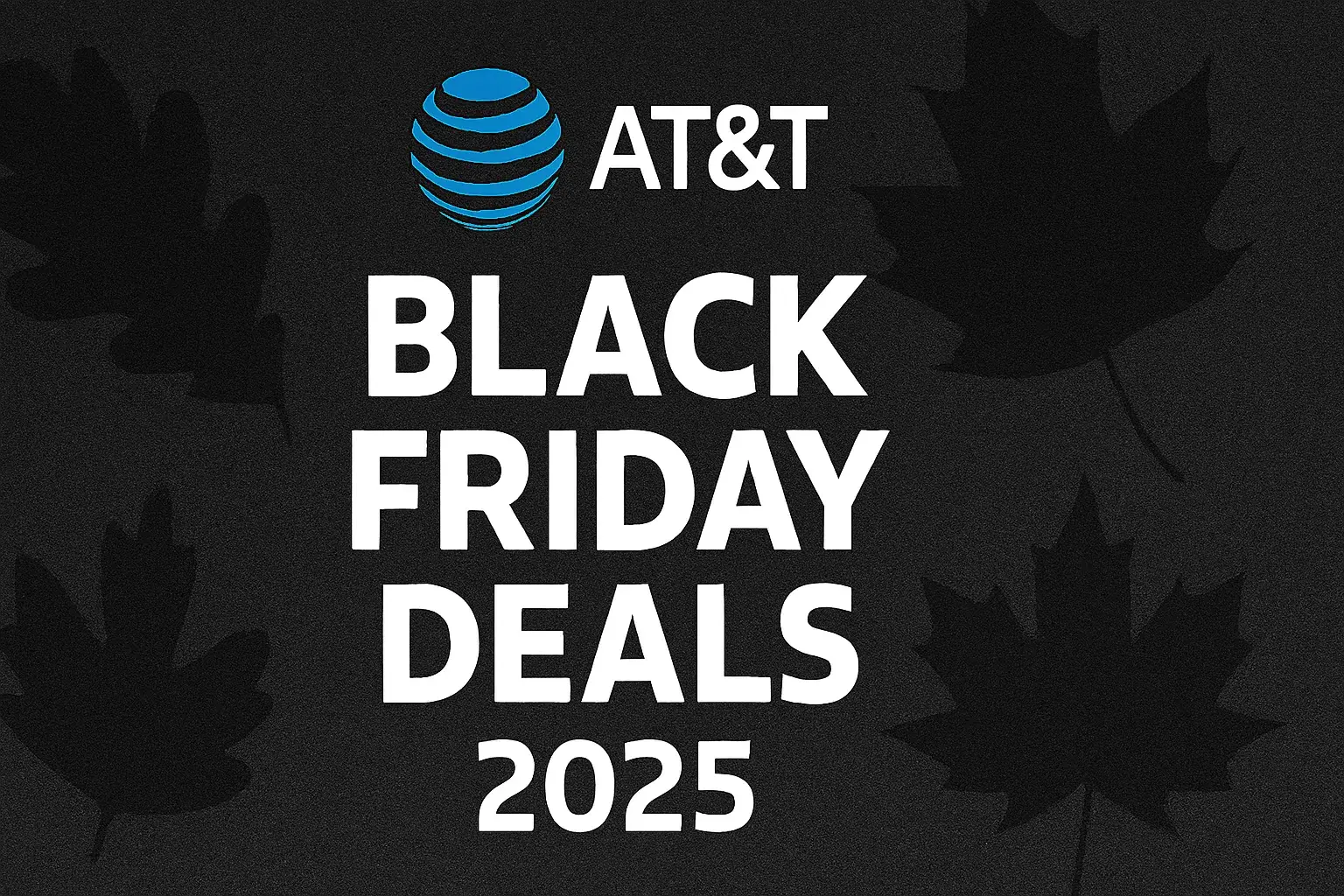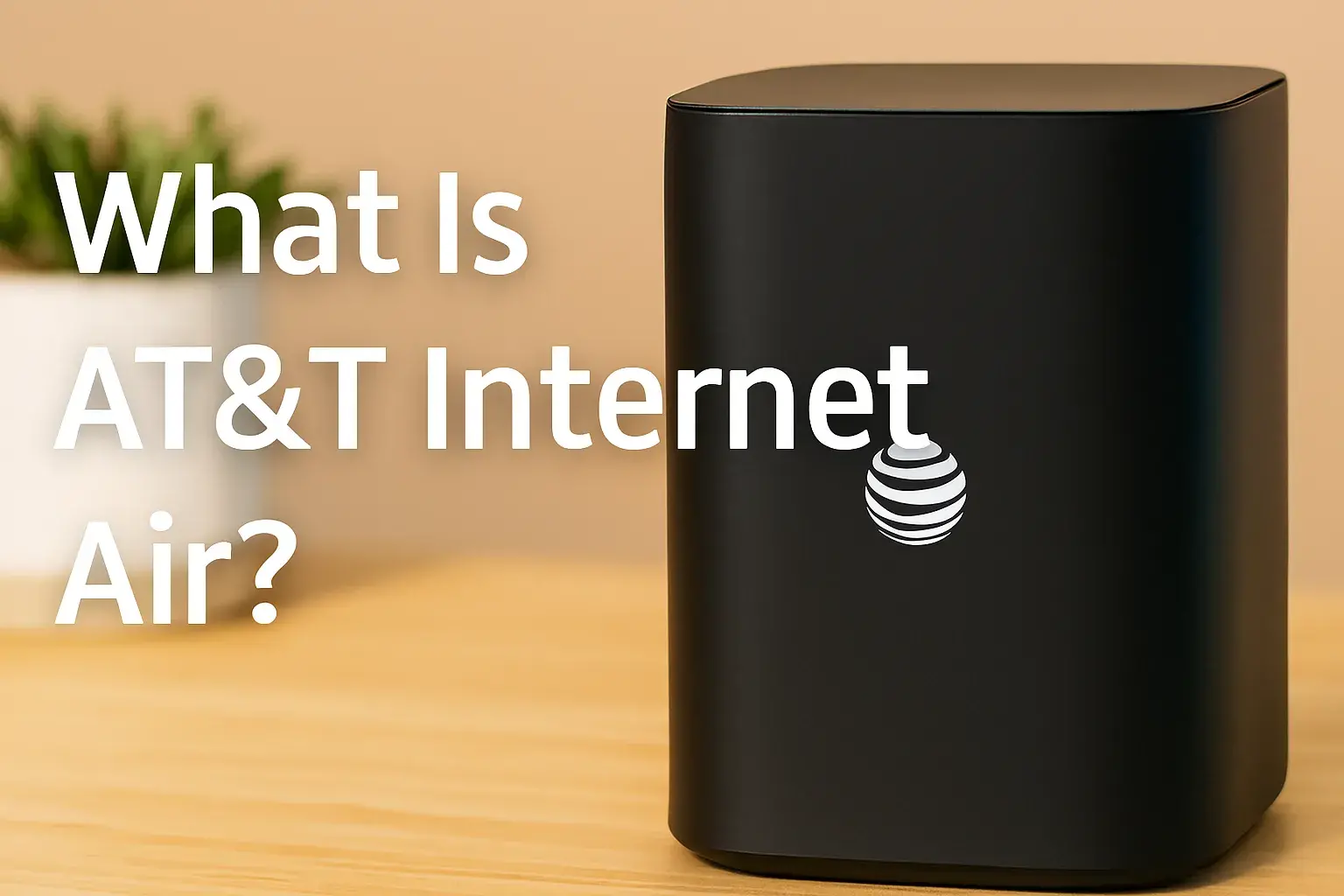Does AT&T still own HBO?

As of 2025, AT&T no longer directly owns HBO. Following a series of strategic divestitures and mergers, HBO is now a key component of Warner Bros. Discovery (WBD), a separate entity formed by the merger of WarnerMedia (which AT&T previously owned) and Discovery, Inc. This shift impacts content strategy and distribution.
[The Shifting Sands of Media Ownership: Did AT&T Ever Own HBO?]
The question "Does AT&T still own HBO?" is a common one, reflecting the complex and often dizzying shifts in the media and telecommunications landscape over the past decade. For many years, the iconic premium cable network, synonymous with groundbreaking television like "The Sopranos," "Game of Thrones," and "Succession," was indeed under the umbrella of AT&T. However, the media industry is a dynamic ecosystem, characterized by strategic acquisitions, mergers, and divestitures. Understanding the current ownership of HBO requires a journey through the recent corporate history of its parent companies. As of 2025, the definitive answer is a resounding no; AT&T no longer owns HBO. The network, along with its associated brands and content, is now a flagship asset of Warner Bros. Discovery (WBD), a separate and independent entity. This transition marks a significant departure from AT&T's ambitious, albeit ultimately short-lived, foray into content creation and ownership. This article will delve into the intricate corporate maneuvers that led to this outcome, explore the current structure of Warner Bros. Discovery, and analyze the implications for the future of HBO and its beloved programming for audiences worldwide. We will examine the strategic rationale behind AT&T's acquisition, the subsequent merger that led to its divestiture, and what this means for the ongoing legacy of one of television's most prestigious brands in the competitive 2025 streaming market.
[A Deep Dive into the Corporate History]
To fully grasp the current ownership situation, it's crucial to trace the lineage of HBO and its parent companies. HBO, or Home Box Office, was launched in 1972 as a pioneer in premium cable television. For decades, it operated as a subsidiary of Time Warner, a media conglomerate that owned a vast array of assets, including Warner Bros. film studios, CNN, TBS, TNT, and Warner Music Group. Time Warner itself was a product of various mergers and acquisitions over the years, consolidating significant power in the entertainment industry. HBO's consistent delivery of critically acclaimed and culturally significant programming solidified its reputation as a premium content producer, setting it apart from broadcast television and other cable offerings. Its subscription model allowed for a focus on quality over mass appeal, fostering a creative environment that attracted top talent. The value of HBO's brand and its extensive library of intellectual property was undeniable. This made it an attractive target for ambitious corporate players looking to expand their reach into the lucrative content creation and distribution space. The period leading up to AT&T's acquisition was marked by a growing trend of convergence between telecommunications companies and media giants, as both sought to control the pipes and the content that flowed through them.
The Precursors to the AT&T Acquisition
Before AT&T's involvement, Time Warner was itself the subject of significant corporate activity. In 2016, AT&T announced its intention to acquire Time Warner for a staggering $85.4 billion. This deal was a bold move by the telecommunications giant, aiming to integrate content creation with its vast distribution network of mobile and broadband subscribers. The rationale was clear: control both the delivery of content and the content itself, creating a powerful synergy that could dominate the evolving media landscape. AT&T envisioned a future where its customers would have seamless access to premium content from HBO, Warner Bros. films, and other Time Warner properties, all delivered through AT&T's network. This strategy was emblematic of a broader industry trend where traditional media companies sought to bolster their digital presence and telecommunications firms aimed to diversify beyond connectivity services. The acquisition was met with considerable regulatory scrutiny, with concerns raised about potential monopolistic practices and the impact on competition. However, after a protracted legal battle, the deal was ultimately approved by the Department of Justice in June 2018.
[The WarnerMedia Era: AT&T's Strategic Gamble]
With the acquisition finalized in June 2018, Time Warner was rebranded as WarnerMedia, and HBO became a key part of this new division within AT&T. This period, often referred to as the "WarnerMedia era," represented AT&T's most direct ownership of HBO. Under AT&T's stewardship, WarnerMedia underwent significant restructuring. A major initiative during this time was the launch of HBO Max, a direct-to-consumer streaming service. This was a strategic pivot to compete more effectively in the burgeoning streaming wars, which were rapidly intensifying with the rise of Netflix, Disney+, and other platforms. HBO Max aimed to leverage the prestige of HBO content while also incorporating a broader library of films and shows from Warner Bros., DC Comics, the Cartoon Network, and other WarnerMedia assets. The goal was to create a comprehensive streaming offering that could attract a wide demographic. AT&T invested heavily in HBO Max, seeking to rapidly grow its subscriber base. This included a significant push into original programming for the platform, often blurring the lines between HBO's traditional premium output and content produced specifically for the streaming service. However, this era was also marked by internal challenges and strategic shifts. The integration of a creative content company like WarnerMedia into a traditionally more regulated and infrastructure-focused company like AT&T proved to be complex. Financial pressures on AT&T, stemming from its massive debt load incurred from various acquisitions, also began to mount. The perceived success of HBO Max in terms of subscriber growth was often overshadowed by concerns about profitability and the overall financial health of AT&T's media ventures. The initial vision of AT&T controlling both the content and the distribution network, while theoretically powerful, did not translate into the sustained financial success that the company had anticipated. The strategy faced headwinds from intense competition, rising content costs, and evolving consumer viewing habits. The market was also beginning to question the long-term viability of such a sprawling media and telecom conglomerate, especially given the high debt levels. This environment set the stage for another seismic shift in the ownership of HBO.
[The Landmark Merger: Birth of Warner Bros. Discovery]
The challenges faced by AT&T during the WarnerMedia era, coupled with a strategic reassessment of its business priorities, ultimately led to a monumental decision: divesting its media assets. In May 2021, AT&T announced a groundbreaking deal to merge its WarnerMedia division with Discovery, Inc., a company known for its non-fiction and reality television programming, including channels like the Discovery Channel, TLC, and HGTV. This merger was a strategic move designed to create a new, more streamlined, and financially robust media powerhouse. The transaction was structured as a spin-off of WarnerMedia, which then merged with Discovery in an "all-stock, no-cash" transaction. This meant that AT&T shareholders received shares in the new combined company, and AT&T itself received a significant cash component to help reduce its debt. The new entity, officially launched in April 2022, was named Warner Bros. Discovery (WBD). This merger brought together two vastly different, yet complementary, content portfolios. Warner Bros. contributed its vast library of films, television shows, and iconic franchises like DC Comics and Harry Potter, alongside the prestigious HBO brand. Discovery brought its extensive collection of unscripted content, reality television, and a strong global presence in factual entertainment. The combined entity aimed to achieve significant cost synergies, streamline operations, and create a more competitive offering in the global media market, particularly in the direct-to-consumer streaming space. The formation of WBD marked the definitive end of AT&T's direct ownership of HBO. While AT&T had initially sought to control both the pipes and the content, the reality of the market and its own financial constraints led it to pivot back to its core telecommunications business, leaving the complex world of content creation and distribution to a new, independent entity.
[HBO's Current Home: Warner Bros. Discovery in 2025]
As of 2025, HBO is an integral part of Warner Bros. Discovery (WBD). It operates as a premium content brand within the larger WBD structure, alongside other significant assets like Warner Bros. Pictures, HBO Max (now rebranded as Max), Discovery+, HGTV, Food Network, TLC, CNN, and many more. The leadership of Warner Bros. Discovery, spearheaded by CEO David Zaslav, has outlined a clear strategy for the company, which places a strong emphasis on maximizing the value of its intellectual property and streamlining its streaming services. The primary streaming platform for WBD is now simply called Max. This service consolidates the premium, prestige content from HBO with the broader, more diverse library of unscripted and reality programming from Discovery, as well as content from Warner Bros., DC, and the Food Network. The rebranding from HBO Max to Max signifies a strategic shift towards a more inclusive offering that appeals to a wider audience beyond just the traditional HBO subscriber base. While HBO's brand remains synonymous with quality and prestige, its content is now strategically curated and distributed across the Max platform. This means that while you'll still find new seasons of "House of the Dragon" and critically acclaimed dramas on Max, they are now part of a larger content ecosystem. Warner Bros. Discovery has been actively working to integrate the various content studios and networks under its umbrella, aiming for greater efficiency and cross-promotional opportunities. This includes leveraging the vast film and television libraries for new series, spin-offs, and feature films. The company's financial performance in 2025 is closely watched, as it navigates the challenges of the streaming market, including subscriber acquisition and retention, content costs, and the ongoing transition from linear television to digital distribution. WBD's success hinges on its ability to effectively monetize its diverse content portfolio and maintain its competitive edge against other major streaming players. HBO, with its enduring legacy of quality, remains a crucial pillar of this strategy, providing the critical acclaim and brand recognition that helps anchor the Max streaming service.
| Feature | AT&T (Prior to 2022) | Warner Bros. Discovery (2022-Present) |
|---|---|---|
| Primary Streaming Service | HBO Max | Max |
| Parent Company Focus | Telecommunications & Media Conglomerate | Pure-play Media & Entertainment |
| Content Strategy | Integration of HBO prestige with broader WarnerMedia library | Synergy of HBO prestige with Discovery's factual/reality and Warner Bros. IP |
| HBO's Role | Flagship premium content brand within WarnerMedia | Core premium content pillar for the Max streaming service |
| Financial Structure | Part of AT&T's larger, debt-laden balance sheet | Independent entity focused on media profitability |
[Impact on Content and Strategy]
The transition from AT&T ownership to Warner Bros. Discovery has had a tangible impact on HBO's content and overall strategy. Under AT&T, there was a significant push to integrate HBO's prestigious brand into a broader streaming service, HBO Max. This led to some controversial decisions, such as the simultaneous release of Warner Bros. films on HBO Max and in theaters in 2021, a move that was largely driven by AT&T's desire to rapidly boost HBO Max subscriber numbers and capitalize on its content library during the pandemic. While this strategy provided immediate value to subscribers, it also caused friction within the film industry and was not a sustainable long-term model. The subsequent merger into Warner Bros. Discovery, under the leadership of David Zaslav, brought a renewed focus on the core HBO brand and its reputation for quality. Zaslav has often spoken about the importance of "premium content" and has emphasized HBO's role as a producer of critically acclaimed, award-winning television. The rebranding of HBO Max to Max reflects this shift. While HBO content remains central, the platform now also features a vast array of unscripted and reality programming from Discovery, alongside content from Warner Bros. film and television studios. This has led to a more diverse, albeit less exclusively "premium," offering. The strategy for WBD in 2025 is to leverage the combined intellectual property of both legacy companies to create a compelling content slate across various genres. This includes developing new series based on existing franchises, producing high-quality documentaries, and continuing HBO's tradition of innovative scripted dramas and comedies. However, there have also been instances of content being removed from the Max platform as WBD seeks to cut costs and streamline its offerings, a move that has drawn criticism from some viewers and creators. The company is also focusing on international expansion for Max, aiming to compete on a global scale. The key challenge for WBD is to balance the need for broad appeal and subscriber growth with the preservation of HBO's distinct brand identity and its commitment to producing high-quality, prestige television. The integration process has been complex, involving the consolidation of different corporate cultures, production pipelines, and distribution strategies. The ongoing success of HBO within WBD will depend on its ability to maintain its creative independence while contributing to the overarching business objectives of its parent company in the highly competitive 2025 media landscape.
[Navigating the Streaming Landscape: What This Means for Consumers]
For consumers, the ownership changes surrounding HBO have had several implications, particularly in how they access content. The most significant change has been the evolution from HBO's traditional linear cable channel and standalone HBO Go/HBO Now services to the consolidated streaming platform, Max. If you were an HBO subscriber in the past, you likely transitioned to HBO Max and now to Max. This means that to watch the latest HBO original series, you will need a subscription to Max. The benefit for consumers is the access to a much broader library of content beyond just HBO's offerings. This includes popular Discovery shows, Warner Bros. movies, and DC Universe content, all within a single subscription. However, this consolidation also means that HBO's content is no longer exclusively siloed. While HBO programming remains a cornerstone of Max, it is now presented alongside a wider variety of genres. This can be a positive for those who enjoy a diverse range of programming, but for purists who valued HBO's distinct identity, it can feel like a dilution. In 2025, the streaming market remains highly competitive. Consumers have more choices than ever, and subscription fatigue is a real concern. The pricing and value proposition of Max are therefore critical. WBD offers different tiers of Max subscriptions, including ad-supported and ad-free options, as well as bundles that may include other services. Understanding these options is key to getting the most value. Furthermore, the decisions made by Warner Bros. Discovery regarding content removal and production slates directly impact what consumers can watch. While WBD aims to create a comprehensive entertainment hub, subscribers should stay informed about content availability and new releases. The ongoing efforts by WBD to integrate and optimize its streaming services mean that the consumer experience on Max will continue to evolve. For fans of HBO's critically acclaimed dramas and comedies, the assurance is that the brand's legacy content and new productions are still being produced and are available on the Max platform, albeit within a larger, more diversified streaming ecosystem. The key takeaway for consumers is that while AT&T no longer owns HBO, its content is very much alive and accessible through Warner Bros. Discovery's Max streaming service, which continues to be a major player in the 2025 streaming landscape.
[The Future of HBO and its Content]
The future of HBO as a brand and content producer within Warner Bros. Discovery appears to be one of continued prominence, albeit within a more integrated corporate structure. Under the leadership of Casey Bloys, Chairman and CEO of HBO and Max Content, the network has maintained its commitment to producing high-quality, prestige television. In 2025, HBO continues to be a critical engine for Warner Bros. Discovery, driving critical acclaim and awards recognition. The strategy is to leverage HBO's reputation for excellence to attract and retain subscribers to the Max platform. This means that while new HBO originals will continue to be a draw, they will be part of a broader content offering that includes Discovery's popular unscripted series, Warner Bros. films, and DC content. The success of shows like "The Last of Us," "House of the Dragon," and "The White Lotus" demonstrates HBO's enduring ability to produce culturally resonant and critically lauded programming. WBD's focus is on nurturing these successful franchises and developing new ones that align with HBO's brand of sophisticated storytelling. However, the financial realities of the streaming industry mean that WBD must also be mindful of profitability. This has led to a more strategic approach to content development, with an emphasis on shows that can have broad appeal and long-term franchise potential. There's also a continued push for international expansion, with WBD aiming to make Max a global streaming powerhouse. This involves tailoring content offerings and marketing strategies to different regional markets. The integration of HBO's distinct creative culture with the broader Warner Bros. Discovery organization is an ongoing process. While the brand equity of HBO remains strong, its operational independence may be more limited than in the past. The key will be for WBD to strike a balance: allowing HBO the creative freedom it needs to produce its signature programming while ensuring that this content effectively contributes to the overall business goals of the company. In 2025, the media landscape is more competitive than ever, with new streaming services emerging and established players constantly innovating. HBO, as a brand, is well-positioned to continue its legacy of excellence, but its ultimate success will be intertwined with the broader strategy and financial performance of Warner Bros. Discovery. The focus remains on delivering compelling narratives that resonate with audiences, solidifying HBO's place as a premier content producer in the evolving world of entertainment.
Conclusion
The question of whether AT&T still owns HBO is definitively answered with a "no" as of 2025. The telecommunications giant's ambitious but ultimately short-lived venture into owning a major media conglomerate concluded with the strategic divestiture of its WarnerMedia assets. This pivotal move led to the formation of Warner Bros. Discovery (WBD), a new, independent entity that now houses the iconic HBO brand alongside a vast array of other beloved entertainment properties. The journey from Time Warner's acquisition by AT&T to the creation of WBD highlights the dynamic and often volatile nature of the modern media industry. AT&T's initial strategy was to leverage content ownership to enhance its distribution network, a vision that materialized with the launch of HBO Max. However, financial pressures and market realities prompted a significant pivot, resulting in the merger with Discovery. Today, HBO operates as a crucial premium content pillar within Warner Bros. Discovery, contributing its legacy of critically acclaimed programming to the consolidated streaming service, Max. For consumers, this means accessing HBO's prestigious dramas and comedies alongside a much broader selection of unscripted, film, and television content, all under one subscription. While the ownership structure has changed, the core appeal of HBO – its commitment to quality storytelling and groundbreaking television – remains a driving force for WBD in the competitive 2025 streaming landscape. The future success of HBO is now inextricably linked to the broader strategy of Warner Bros. Discovery, as the company navigates the challenges and opportunities of delivering compelling entertainment to a global audience.





